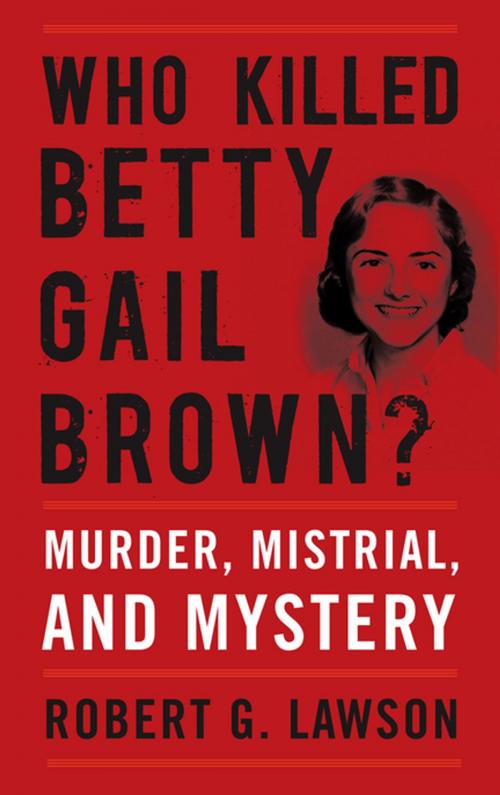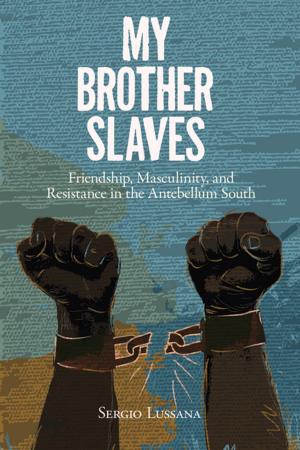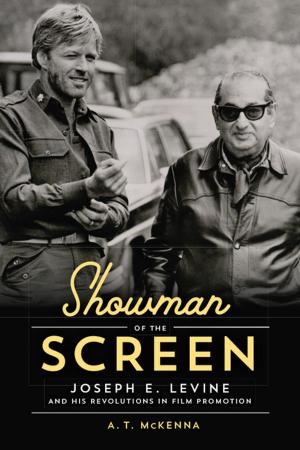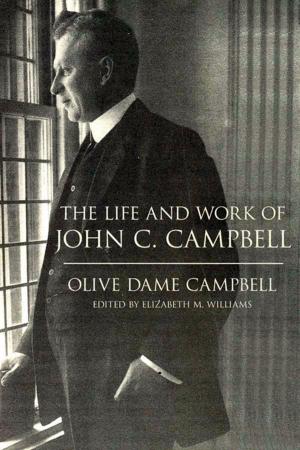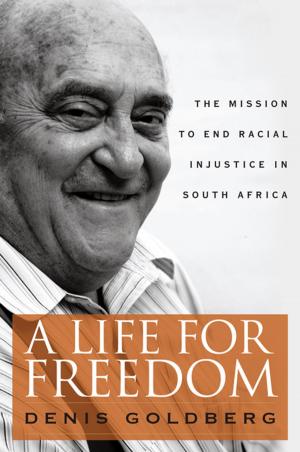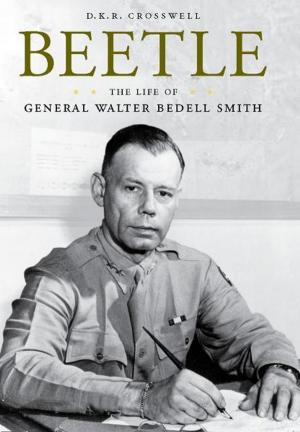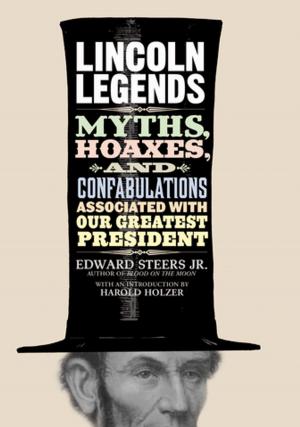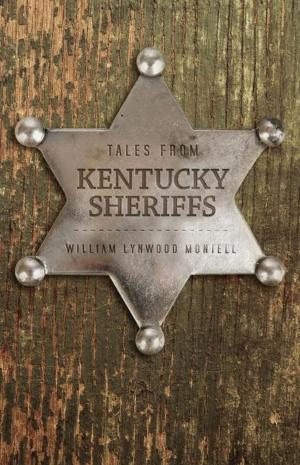Who Killed Betty Gail Brown?
Murder, Mistrial, and Mystery
Nonfiction, Social & Cultural Studies, Social Science, Crimes & Criminals, Murder, True Crime, History, Americas, United States| Author: | Robert G. Lawson | ISBN: | 9780813174648 |
| Publisher: | The University Press of Kentucky | Publication: | October 16, 2017 |
| Imprint: | The University Press of Kentucky | Language: | English |
| Author: | Robert G. Lawson |
| ISBN: | 9780813174648 |
| Publisher: | The University Press of Kentucky |
| Publication: | October 16, 2017 |
| Imprint: | The University Press of Kentucky |
| Language: | English |
On October 26, 1961, after an evening of studying with friends on the campus of Transylvania University, nineteen-year-old student Betty Gail Brown got into her car around midnight -- presumably headed for home. But she would never arrive. Three hours later, Brown was found dead in a driveway near the center of campus, strangled to death with her own brassiere. Kentuckians from across the state became engrossed in the proceedings as lead after lead went nowhere. Four years later, the police investigation completely stalled.
In 1965, a drifter named Alex Arnold Jr. confessed to the killing while in jail on other charges in Oregon. Arnold was brought to Lexington, indicted for the murder of Betty Gail Brown, and put on trial, where he entered a plea of not guilty. Robert G. Lawson was a young attorney at a local firm when a senior member asked him to help defend Arnold, and he offers a meticulous record of the case in Who Killed Betty Gail Brown? During the trial, the courtroom was packed daily, but witnesses failed to produce any concrete evidence. Arnold was an alcoholic whose memory was unreliable, and his confused, inconsistent answers to questions about the night of the homicide did not add up.
Since the trial, new leads have come and gone, but Betty Gail Brown's murder remains unsolved. A written transcript of the court proceedings does not exist; and thus Lawson, drawing upon police and court records, newspaper articles, personal files, and his own notes, provides an invaluable record of one of Kentucky's most famous cold cases.
On October 26, 1961, after an evening of studying with friends on the campus of Transylvania University, nineteen-year-old student Betty Gail Brown got into her car around midnight -- presumably headed for home. But she would never arrive. Three hours later, Brown was found dead in a driveway near the center of campus, strangled to death with her own brassiere. Kentuckians from across the state became engrossed in the proceedings as lead after lead went nowhere. Four years later, the police investigation completely stalled.
In 1965, a drifter named Alex Arnold Jr. confessed to the killing while in jail on other charges in Oregon. Arnold was brought to Lexington, indicted for the murder of Betty Gail Brown, and put on trial, where he entered a plea of not guilty. Robert G. Lawson was a young attorney at a local firm when a senior member asked him to help defend Arnold, and he offers a meticulous record of the case in Who Killed Betty Gail Brown? During the trial, the courtroom was packed daily, but witnesses failed to produce any concrete evidence. Arnold was an alcoholic whose memory was unreliable, and his confused, inconsistent answers to questions about the night of the homicide did not add up.
Since the trial, new leads have come and gone, but Betty Gail Brown's murder remains unsolved. A written transcript of the court proceedings does not exist; and thus Lawson, drawing upon police and court records, newspaper articles, personal files, and his own notes, provides an invaluable record of one of Kentucky's most famous cold cases.
